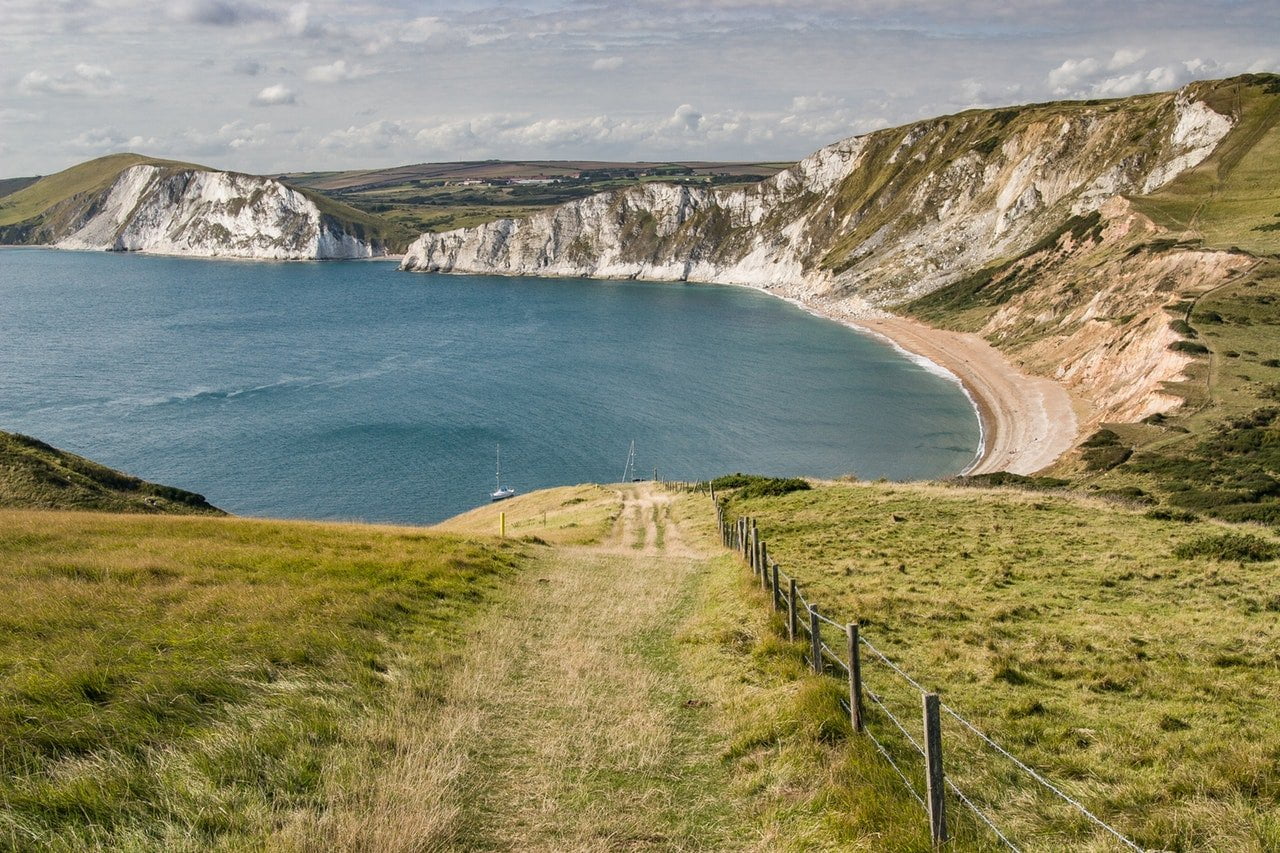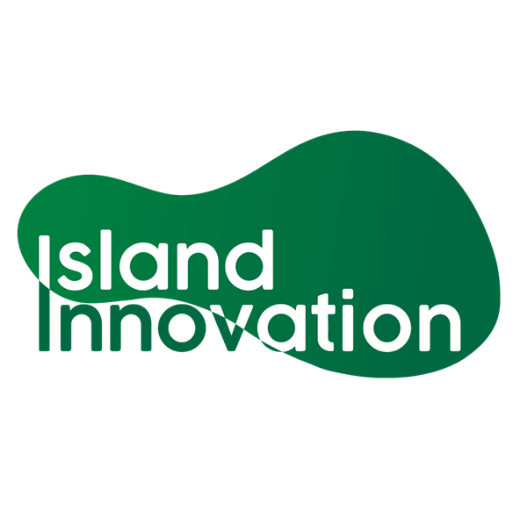Decades of reliance on the conventional agriculture system presents plenty of evidence that we need to re-think how we produce, transport, consume, and dispose of food. This linear system, characterized by highly industrialized, large scale machinery and chemicals can put pressure on the environment, undermine water resources, and produce an enormous amount of waste. If the world wants to provide food for the over 800 million malnourished people, feed the 9.5 billion population expected by 2050, and end hunger as outlined by SDG 2, current agricultural systems won’t work. A possible solution? The Circular Economy.
The purpose of the Circular Agri-food system is to create a “zero waste” agricultural ecosystem where food will not only be produced with fewer resources but also reduce reliance on chemicals in the production process. Therefore, all products that form the outcome of the agricultural process will be put to use – unused plant parts and farm produce will be used as food for animals while manure from animals will be processed for crop production. Ultimately, this sustainable agricultural system will help prevent land degradation and reduce greenhouse gas emissions by 20% according to a study by the Ellen MacArthur Foundation. So what’s in it for islands?
The circular agri-food system presents a big opportunity for islands around the world. Many rely heavily on tourism and agriculture, two activities are known to produce enormous amounts of waste. With the Circular agri-food model, island nations can turn the waste from these two economic activities into organic resources for crop production and energy generation sources.
For many Small Island Developing States (SIDS) a lack of local capacity to process waste means that the economics frequently favour a circular CE-inspired agricultural system, for which waste management and supporting infrastructure are key. Leota Kosi Latu, director-general of the Secretariat of the Pacific Regional Environment Programme (SPREP) illustrated in 2018 the need for SIDS to protect resources by adopting a CE: “Poor waste management and inadequate control over highly polluting activities poses risks to the overall economic base of most Pacific island nations, i.e. tourism, agriculture and fisheries. These activities are very reliant on a clean environment. In the CE, innovation is the key. We need new technology, products, services and business models to enable the transition.”
Circular agriculture has the potential to be a flexible system that can be adapted for any location or sector. With an increasing need to reduce waste and use limited resources efficiently to feed an ever-growing world population, the need for a more sustainable approach is critical. Creating a CE can not only maximise the allocation of limited resources without further harming the environment, but also creates a more efficient economic system, with ultimately more food created per unit input.




